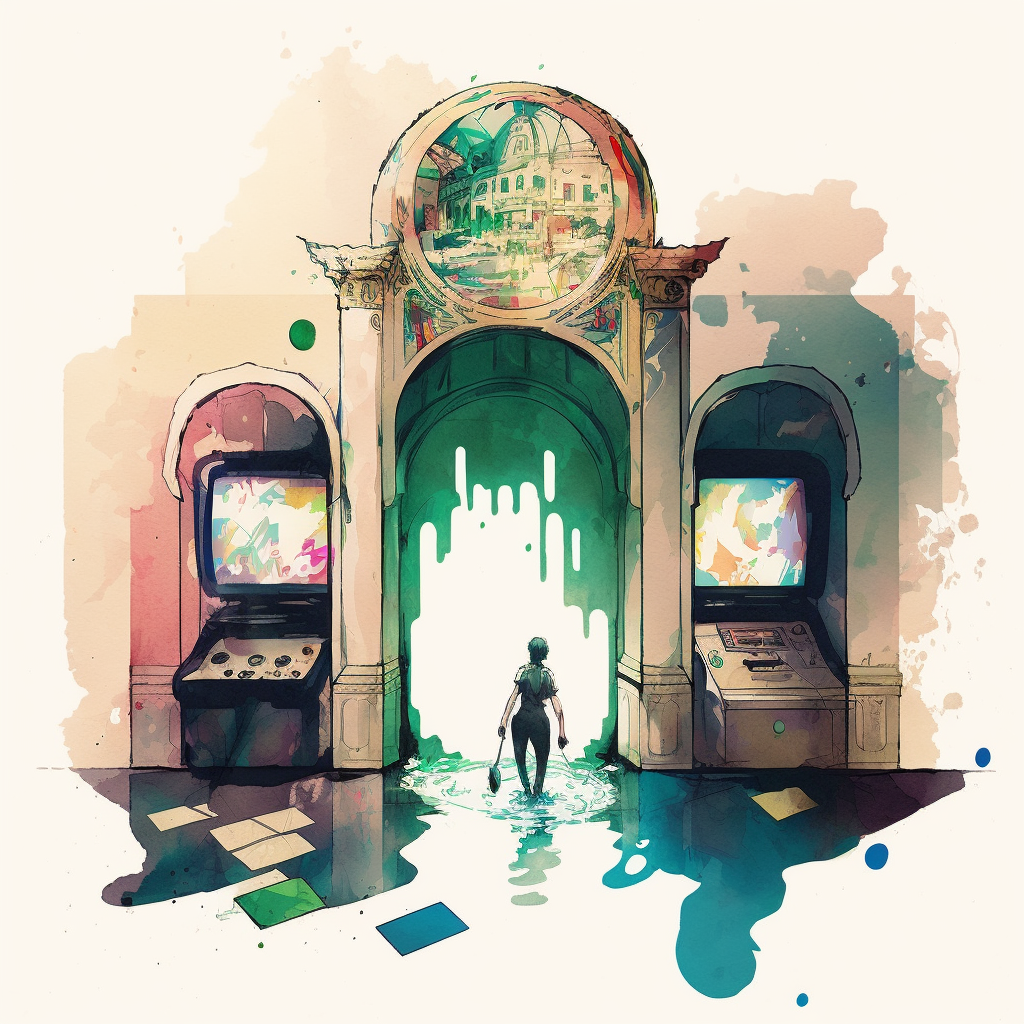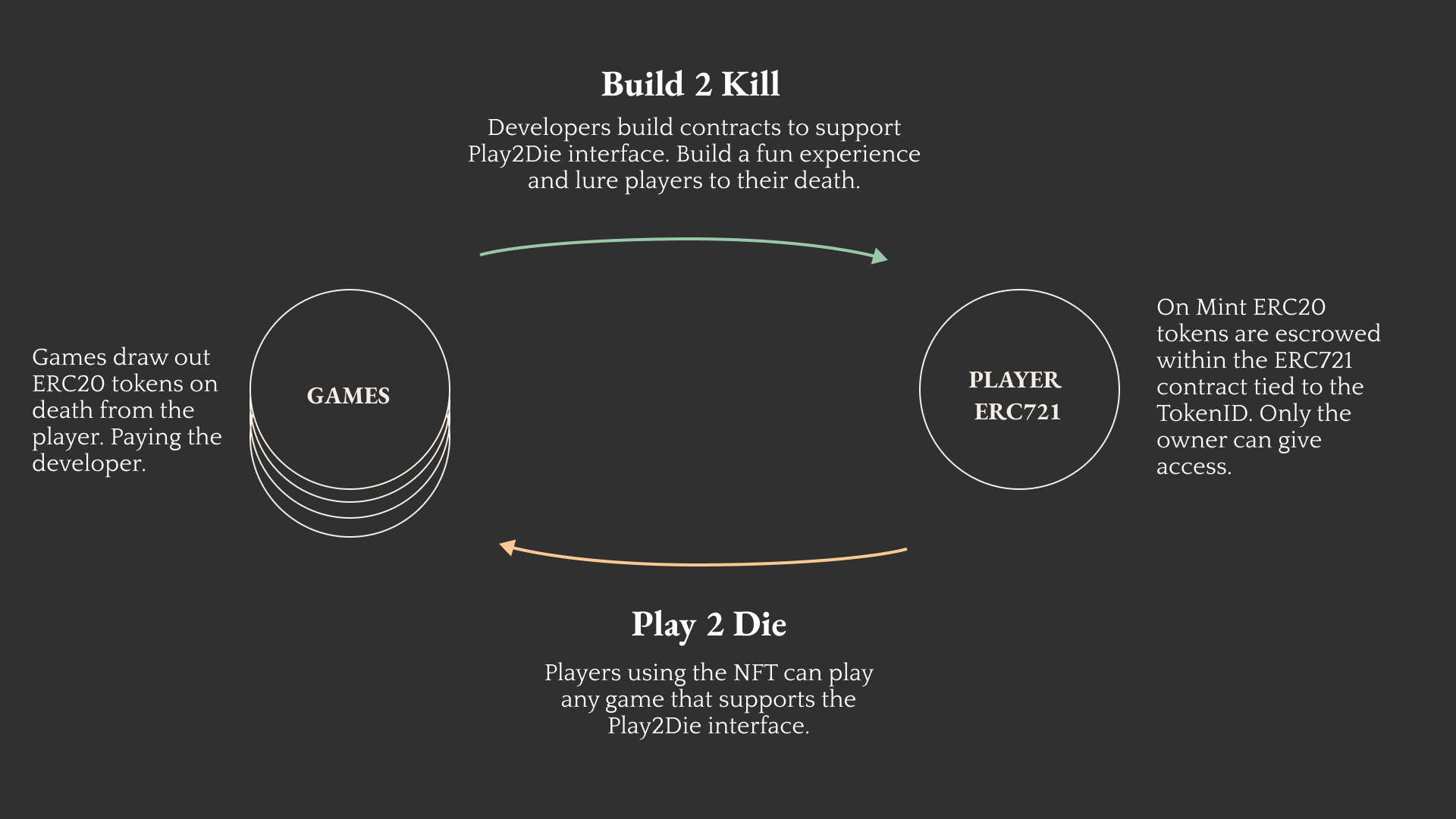
Public markets have a remarkable ability to reach a balance of ideas, as demonstrated by the ongoing royalty discussion. These marketplaces do not need to exist in a centralized manner. They operate on a common network, and their only proprietary assets are their website and indexing - the market has figured this out. Even these tools have become accessible through open-source protocols such as Reservoir, eliminating any advantages to be gained from exclusivity.
The open architecture of a blockchain offers a vast arena for the inquisitive to experiment with innovative concepts. A considerable portion of the market still adheres to the conventional model of value acquisition through fixed cost fees (marketplace fees). Is it truly desirable to replicate the past two decades of opportunistic fee collection that disregards the interests of all stakeholders? Today, we have access to highly reliable, low-cost networks of trust. It is time to aspire to something greater.
Thanks to low transaction fees on layer 2 (which will become signifcantly cheaper after EIP-4844), we can finally create micro-payment networks and establish viable business models. This has been a long-standing aspiration for the past seven years, ever since Ethereum made the promise back in 2015. And now, that promise has been realized!
Markets should operate as idea meritocracies. Unfortunately, this meritocracy can be undermined by the influence of extremely low-interest rates. This funding can inadvertently support bad ideas, which in turn contribute to the creation of Frankenstein markets, such as those in the gig economy. This is not to imply that low-interest rates or venture capital are inherently problematic, but rather that they can be prone to unintended outcomes resulting from our primitive instincts to pursue energy arbitrage.
Gaming is the catalyst
Gaming has emerged as an unexpected contender, and it is poised to be a major catalyst for the next phase of crypto adoption. However, the question remains: how can a team create a sustainable economic model for gaming without relying on significant marketplace fees or perpetual NFT sales?
Games and the chain
On-chain games allow us to blur the line between player, producer, and developer which has not been possible before. Now developers can create open digital physics layers and enable greater collaboration up the stack. We talk about Eternal games and the folks at Lattice talk about Autonomous worlds.
These are big ideas which many teams are exploring right now, however, there is another interesting idea that we have been working on.
A new decentralized on-chain Arcade...

Introducing Play2Die - An Economically Sustainable Hyperstructure
Hyperstructures: Crypto protocols that can run for free and forever, without maintenance, interruption or intermediaries. Read here
I first talked about Play2Die here.
In this Play2Die model, you build your on-chain game and deploy it according to an open protocol standard (like ERC721). After this, your code (game) lives on forever, and as long as people are playing, you get paid. No more Apple App store fees, no lock-in. It is also worth noting that on-chain games are 'headless', meaning that anyone can create an interface for them. Another interesting thought experiment is making a marketplace for interfaces. If you design an interface for a popular on-chain game, then you could also be rewarded in fees.

This is a true idea meritocracy owned entirely by the players and builders. There is no misalignment between either party, and because it is all on-chain, there is no third-party arbitraging. Players are willing to pay the fee because the game is fun, and in doing so, create an incentive for the developers to continue building.
Roblox showed us all that if you provide the SDKs and the platform, developers will come. Play2Die has a similar vision - we see it as Roblox on-chain. A set of open-source tools and ideas for people to start building on-chain games right away, with a clear vision for economic sustainability without diluting the future through inflation.
The Economics - Build2Kill
Your job as a developer is to build a game that lures characters with joy and entertainment, and in doing so, potentially kills them. When the character dies within your game, you will receive part of the escrowed token - in our case, $LORDS. So you Build2Kill. After all, isn't that what any game designer's job is? The exact specifics around this, including the ERC721 token design, will come over the next few months.
The Interface
I envision a Steam-like user interface that showcases all the games within this hyperstructure. My hope is that this platform itself will become a competition for attention, with a variety of games ranging from RPGs to roguelikes, and varying levels of risk.
Some games may be high-risk and require payment only upon death, while others may carry a small initial fee (in the order of cents) but present little risk to the player. The core idea is that players have fun while developers get paid. Fun is the currency here, and as long as developers create compelling games, they will receive compensation.
Ultimately, the success of this platform depends on the quality of the games that are built. Developers who build well will be rewarded, while those who do not will not receive compensation. This system rewards developers who prioritize creating engaging and entertaining games and ensures that players have access to the best possible experiences.
To note, we say Play2Die, but not every game you will totally die, but hey, it's a great meme for the meme economy.
So where does this go from here?
We are in the midst of building the infrastructure for this new design with BibliothecaDAO and Dojo (on-chain ECS game engine).
Once we lay out the initial framework and infrastructure, it will be trivial for developers to come and build, or perhaps fork the world and create a better environment - you can't buy the satisfaction of when someone forks your repo on GitHub.
Interested?
All BibliothecaDAO projects are open source, and DoJo is open source. Come and contribute.